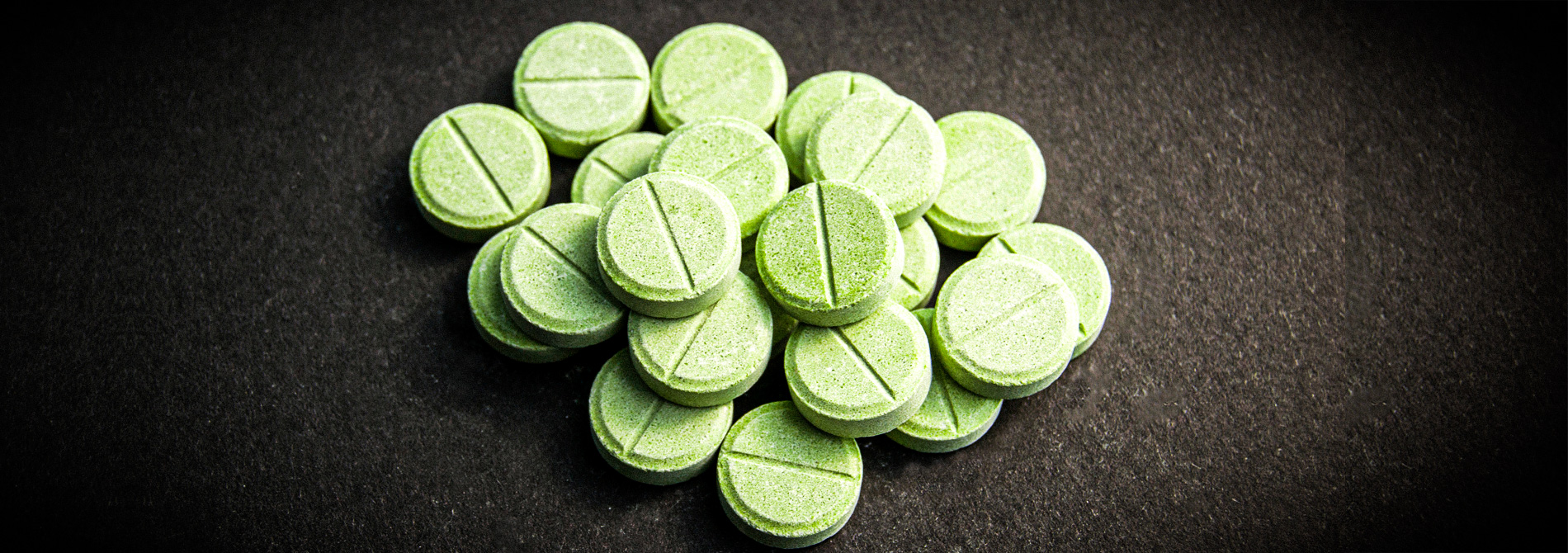Pseudoaddiction is a term coined in 1989 to describe the phenomenon of patients with pain being under-treated. The idea is that patients with legitimate pain that could be alleviated with opioid painkillers exhibit drug-seeking behavior that is misinterpreted as addiction.
In other words, proponents of the idea believe that some people who are seeking opioid painkillers are being denied pain treatment.
This is rather similar to the notion espoused by Purdue Pharma’s marketing push in the 1990s claiming opioids are not as addictive as once thought and that doctors were overly cautious in prescribing them, even that doctors weren’t taking their patients’ pain seriously. We know now that opioid painkillers are actually very addictive, but the fact remains that people experience pain and opioid painkillers can sometimes help.
If you or a loved one need help, call our admissions team today at 561-841-1033.So is pseudoaddiction a real phenomenon?
There have been several peer-reviewed articles about pseudoaddiction, but no empirical studies into whether it’s actually real. Perhaps the biggest obstacle to figuring out whether pseudoaddiction is real is that it’s very difficult to identify.
By definition, addiction and pseudoaddiction produce similar behaviors. The doctor is left to make their best guess about who is seeking opioids because of pain and who is seeking opioids because of addiction. There is often no way to objectively know the difference, which makes the concept of pseudoaddiction hard to validate.
Opioid Prescription: A Difficult Call for Healthcare Professionals to Make
Despite this difficulty, pseudoaddiction has been an influential concept, and critics believe it has contributed to the spread of the opioid crisis. Essentially, pseudoaddiction is a rationale for erring on the side of pain management.
Someone comes to you, a doctor, and says she’s feeling terrible pain. You can either see this as a legitimate complaint or as drug-seeking behavior. Proponents of pseudoaddiction would suggest the worse error is to force a patient to endure pain unnecessarily. However, in the years since the concept of pseudoaddiction was put forth, we have learned that the consequences of overprescribing opioid painkillers is much worse.
Opioid overdose deaths have been climbing for decades and in 2017, nearly 50,000 people died from opioid-related overdoses. As terrible and debilitating as pain can be, the overprescription of opioids has led to exponentially more pain and destruction.
Pseudoaddiction & Chronic Pain Management
Finally, hidden in pseudoaddiction is an implicit assumption that opioids are the best way to manage chronic pain. In many cases, that isn’t true. Terminal patients who require pain management may benefit from opioids, but others suffering from chronic pain or pain following a medical procedure may be better served with a different approach.
For example, people, often teens, who get their wisdom teeth removed are commonly prescribed Vicodin for the pain following the surgery when studies have shown that over-the-counter medications like aspirin and ibuprofen are usually just as effective. People who suffer from chronic pain can often get more relief from physical therapy and non-addictive medications, while chronic use of opioids might actually increase sensitivity to pain.
While it’s certainly important for doctors to take pain seriously, it’s probably even more important to take the possibility of addiction seriously. In the current opioid crisis, it’s time to retire the concept of pseudoaddiction.
Hanley Center is a well-known care provider offering a range of treatment programs targeting the recovery from substance use, mental health issues, and beyond. Our primary mission is to provide a clear path to a life of healing and restoration. We offer renowned clinical care for mental illnesses and have the compassion and professional expertise to guide you toward lasting wellness. For information on our programs, call us today: 561-841-1033.




